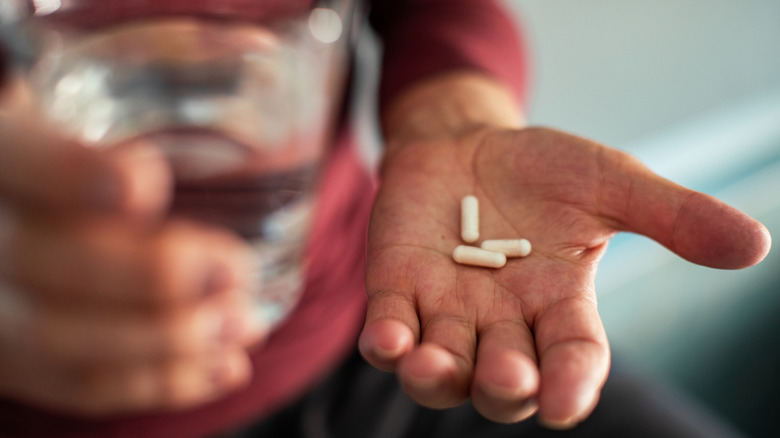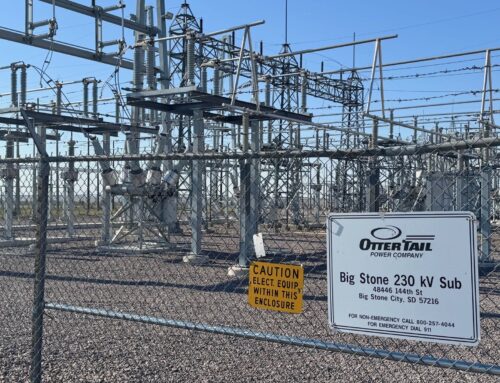Study Shows Cannabis Extract May Unlock A New Way To Alleviate Back Pain
November 8, 2025
Cannabis isn’t just about getting high. Even though recreational use isn’t legal everywhere, researchers in the United States and other countries have been looking closely at how cannabis can be used as medicine. A 2022 review in Frontiers in Pharmacology found that medical cannabis products may help with pain, nausea, and certain behavioral or cognitive issues. One compound in particular, called cannabidiol or CBD, doesn’t cause a high but has shown promise for treating epilepsy, psychosis, and even drug cravings.
Because the cannabis plant contains about 500 different chemical compounds, scientists and pharmaceutical companies are trying to isolate and fine-tune some of them to make safer, more effective treatments. One big focus has been chronic lower back pain. Many people with lower back pain turn to opioids, which can help but often come with harsh side effects and a real risk of addiction. A 2025 study in Nature Medicine tested a standardized cannabis extract that contained tetrahydrocannabinol (THC) along with other natural compounds from the plant. After 12 weeks, people taking the extract reported less pain, better sleep, increased mobility, and an overall improvement in quality of life.
Cannabis-related back pain relief doesn’t cause intoxication
If you’re dealing with lower back pain, you’re not alone. Nearly 1 in 10 people worldwide experienced lower back pain in 2020, and that number is expected to rise, according to a 2023 editorial in The Lancet Rheumatology. Low back pain is also one of the main reasons people visit doctors and miss work. To help people manage the pain, researchers are exploring non-pharmacological options as alternatives to opioids.
Although the cannabis extract used in the study (called VER-01) contained the psychoactive compound THC, there wasn’t enough of it to produce a high. The study’s goal was to relieve pain using cannabis compounds such as CBD, cannabigerol (CBG), and THC without leaving people feeling intoxicated. On a 0-to-10 pain scale, participants taking the VER-01 extract saw their pain drop by an average of 2 points, compared to a 1.4-point drop with the placebo. While that may not sound like much, the difference was statistically significant. About a third of participants taking the cannabis extract saw their pain reduced by half or more. Those with sciatica, a nerve-related type of back pain, experienced the greatest improvement in pain relief.
Using the cannabis extract continued to improve lower back pain even beyond the 12-week experimental period, and participants didn’t need to increase their dose. Unlike opioids, VER-01 didn’t cause signs of addiction or withdrawal. As with any drug or supplement, the cannabis extract did have side effects such as dizziness, fatigue, nausea, and dry mouth.
Cannabis-based drugs may take a while before FDA approval
It might be a while before VER-01 becomes available to the public, but the study was a Phase 3 clinical trial, which is the final stage before a drug can apply for approval from the Food and Drug Administration (FDA). As a result, it may take several months to a year for VER-01 to receive FDA approval. Vertanical, the company that developed VER-01, has already applied for the drug’s registration in the European Union. The extract has also shown promise in relieving pain from osteoarthritis and diabetic peripheral neuropathy in previous clinical trials.
Some people may already be using CBD to help with pain and inflammation (here’s what to expect when taking CBD). The CBD-based drug Epidiolex has FDA approval for treating certain types of seizures, but the Centers for Disease Control and Prevention says that CBD products are not FDA-approved for treating pain. Research on CBD’s effectiveness for pain relief has been mixed. A 2022 article in Pain and Therapy found that across eight clinical trials, cannabinoids did not provide significant pain relief unless used for more than four weeks. These cannabis-related drugs also did not show meaningful improvements in quality of life, anxiety, depression, or sleep. More high-quality clinical trials are needed.
Search
RECENT PRESS RELEASES
Related Post
 Vorda/Getty Images
Vorda/Getty Images Jordi Salas/Getty Images
Jordi Salas/Getty Images



